Türk Condemns Dehumanizing Narratives on Gaza at Human Rights Council
At a session addressing the Occupied Palestinian Territory at the Human Rights Council, Mr. Volker Türk delivered his closing remarks, expressing deep concern over the spread of disinformation and the “dangerous manipulation of language” regarding the Palestine-Israel conflict.
He urged resistance against fear-mongering and hateful rhetoric, emphasizing that all forms of dehumanizing narratives—whether overt or subtle—must be rejected.
“We must ensure that we resist all efforts to spread fear or incite hatred, including abhorrent, dehumanizing narratives, whether they’re insidious or explicit,” Türk stated.
He reaffirmed his office’s commitment to justice, documenting facts, and upholding accountability and the rule of law for all victims and survivors.
—
Eritrean Troops Continue Human Rights Violations in Ethiopia
The Council then turned its attention to Eritrea, highlighting ongoing serious rights violations despite some progress in improving the lives of Eritreans.
Ilze Brands Kehris, UN Assistant Secretary-General for Human Rights, reported that Eritrean Defence Forces persist in committing grave crimes in Ethiopia’s Tigray region and beyond, operating with complete impunity.
“We have credible reports that Eritrean troops remain in Tigray, engaging in abductions, rape, looting, and arbitrary arrests,” she informed the Council, calling for their immediate withdrawal.
Eritrean forces entered Ethiopia in 2018 following a peace agreement between the two nations but later fought alongside Ethiopian federal troops during the two-year conflict in Tigray, Amhara, Afar, and Oromia.
No Justice in Sight
According to Ms. Brands Kehris, there is little hope that Ethiopia’s judicial system will hold perpetrators accountable for violations committed during the Tigray conflict.
Despite Eritrea’s efforts to improve healthcare and ratify the Convention on the Rights of Persons with Disabilities, concerns remain high over widespread human rights abuses.
Forced Conscription Abuses Persist
The UN official also flagged Eritrea’s indefinite forced military conscription, which has long been linked to forced labor, torture, and sexual violence, forcing many young people to flee the country.
“The punishment of families of draft deserters remains widespread—an inhumane practice that authorities have done nothing to stop,” she added.
Detention without trial is reportedly the norm, with political figures, journalists, religious believers, and draft deserters held incommunicado.
Eritrean representative Habtom Zerai Ghirmai dismissed the accusations, labeling them as exaggerated and misleading.
—
Sudan Facing Catastrophic Humanitarian Crisis, Türk Warns
The Council also addressed Sudan’s deepening crisis, where millions are suffering from extreme violence and famine.
More than 600,000 Sudanese are on the brink of starvation, said UN rights chief Volker Türk.
“Famine has taken hold in at least five areas, including Zamzam displacement camp in North Darfur, where the World Food Programme has been forced to suspend lifesaving operations due to intense fighting,” he warned.
‘Utter Impunity’ Fueling Crisis
Türk described Sudan’s crisis as “the world’s largest humanitarian catastrophe”, driven by unchecked war crimes and systematic violations of international law.
“Appalling levels of sexual violence have accompanied the spreading conflict, with more than half of reported rape cases involving gang rape—evidence that sexual violence is being weaponized,” he added.
“Sudan is on the verge of a complete collapse,” Türk cautioned.
Sudanese Justice Minister Moawia Osman Mohamed Ahmed dismissed accusations against the Sudanese Armed Forces (SAF), denying their involvement in rights violations.
Unrelenting Violence
Civil society representative Hanaa Eltigani recounted atrocities committed by the Rapid Support Forces (RSF), including mass killings, sexual violence, and the forced recruitment of children, including South Sudanese refugees.
She also accused the SAF of launching indiscriminate airstrikes, carrying out executions in Al-Jazira, and throwing victims—some still alive—into the Nile.
Despite this, “while the suffering of Sudanese civilians is ignored, the flow of foreign weapons continues unchecked,” Eltigani lamented.
—
Taliban’s Oppression in Afghanistan Worsens
The Council then turned its focus to Afghanistan, where the de facto Taliban authorities have intensified oppression against women, girls, and minorities.
“Some 23 million people







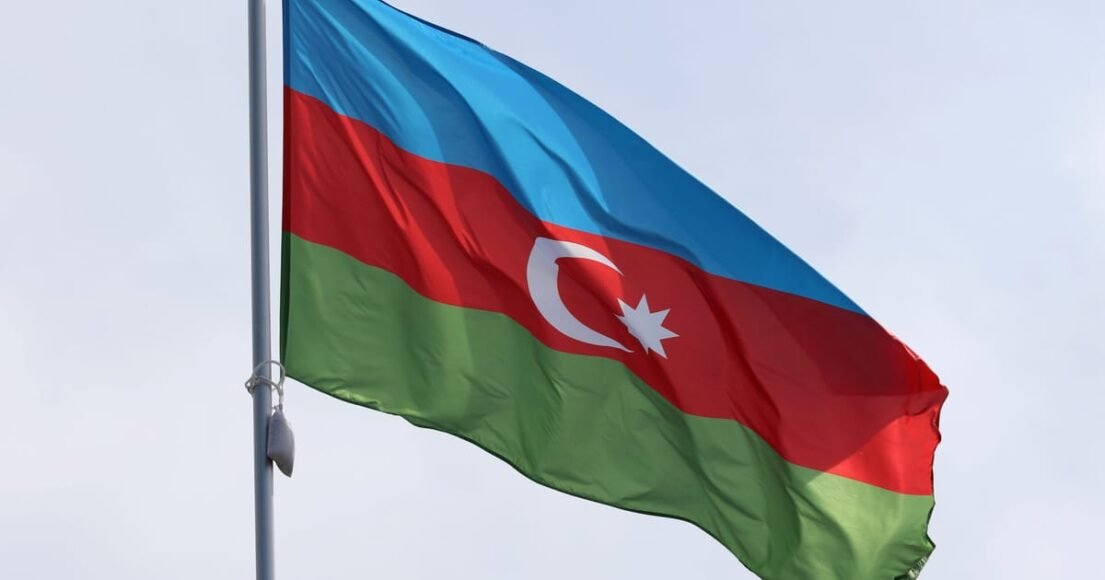

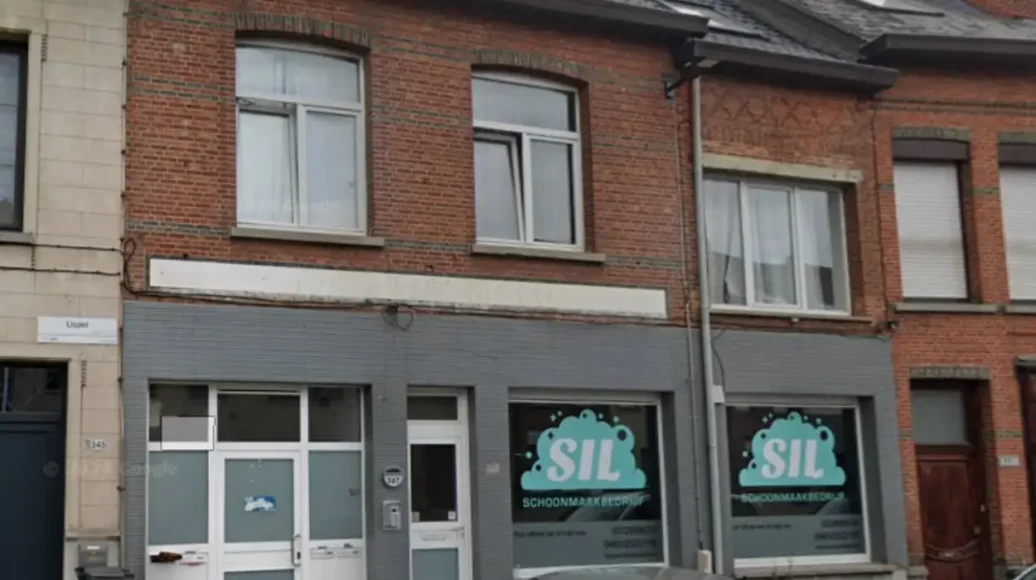
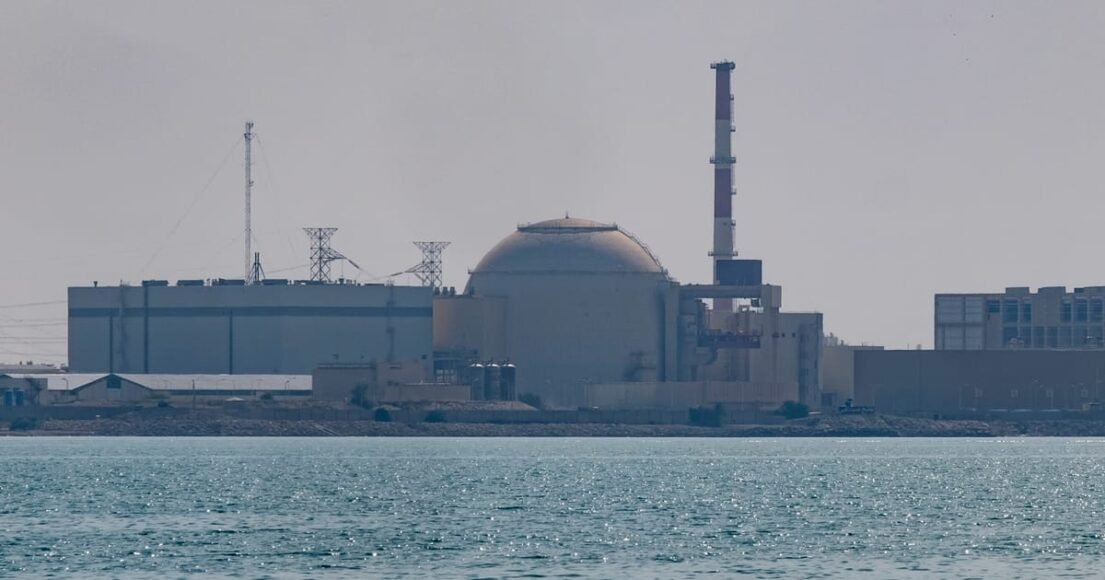
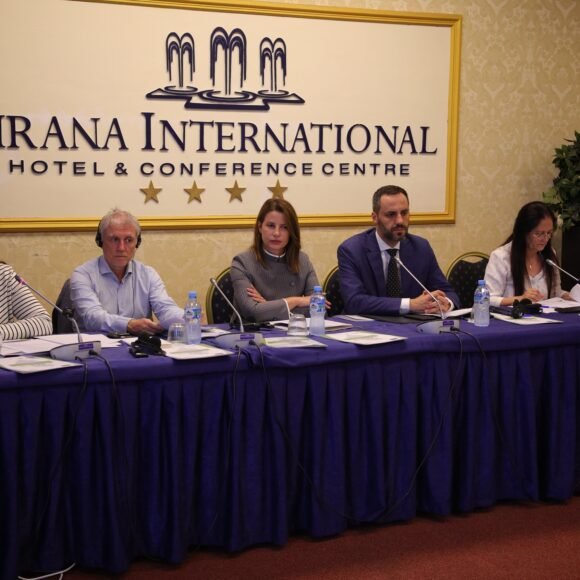
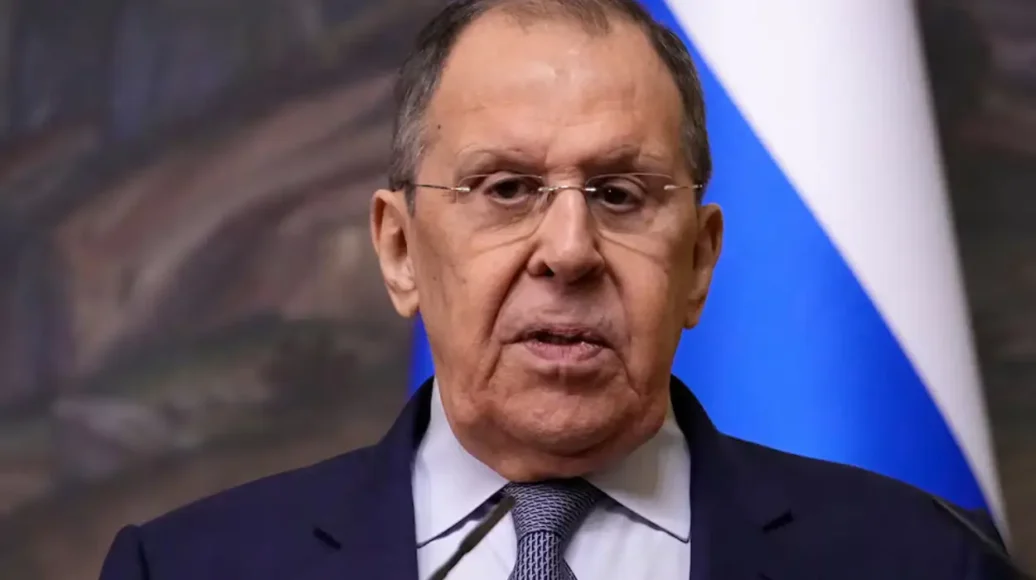
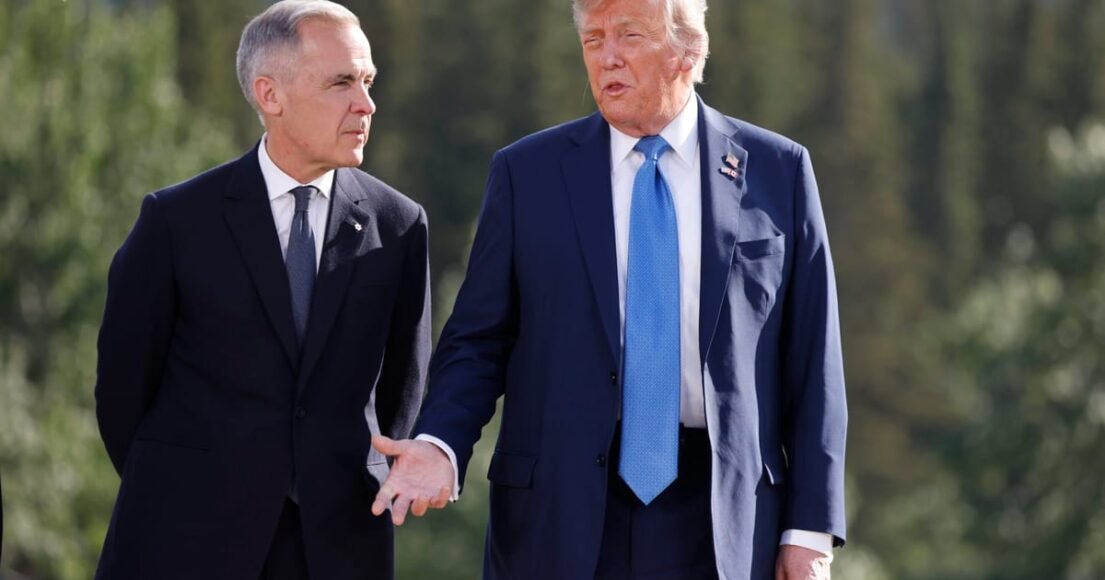
Leave a Reply